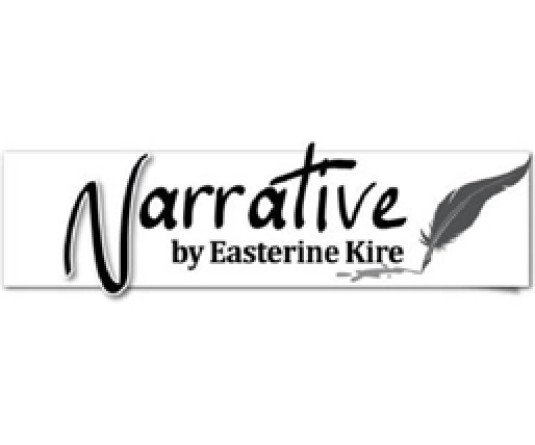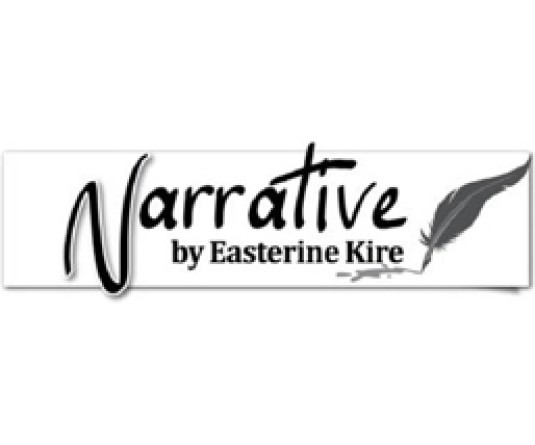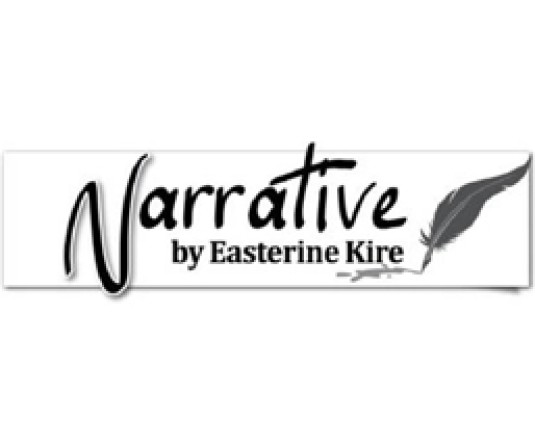
Memory is our very fragile resource. Every day we are losing this resource as more and more elders die and take their stories with them to the grave.
Many friends share that they have experienced the thought welling up to ask a parent a question, only to realise in the next second that the parent is already gone. The people we thought of as elders, people in their eighties and nineties are so scarce today. We have to change our mindset and look at people in their sixties and seventies as elders in terms of the stories they carry and the histories they have witnessed. They are a very valuable resource of what I define asCommunity memory. Who can remember when the Ruby Cinema Hall was bombed? Were there some records available in government files? Not sure. But there are people around who attended that ill-fated show and eye-witnessed the carnage. Those are the memories one has to depend upon to record that incident in our history.
Community memory as a resource is even more essential now because we lack archives on our local history. I usually resort to interviewing older cousins and remaining uncles when I want to record local history. It makes the need for a common store of local stories very necessary. Who would use it? Students at all levels, writers, historians, and documenters and film makers.
Why should we document community memory? Think of it as an action of ownership. It is to do with ownership and this makes it more important than ever. If we do not record these memories and preserve them, our young are already in the process of having their cultures taught to them by cultural-thieves who have stolen their cultural knowledge.
It is called cultural theft. Even government bodies are doing it. There are always insidious movements to appropriate tribal knowledge and homogenise it. When that happens, it will spell the death of our cultures. Appropriation of tribal wisdom and subsuming indigenous cultures under a pan national agenda is not a new phenomenon. It is going on around us and when it happens, it robs indigenous peoples of their rights to their own histories. If we don’t go to work today patenting our narratives, chances are that our children will be taught their culture by people who are not participants of the culture, but have gained the right to teach it.
We need to own our own memories and our oral history and our oral cultures by preserving them diligently. It needs a family effort, don’t wait for the government to come and do it. Start now in your own homes. You can record family memory, and individual memory using either audio or video recorders, or simply documenting them on paper.
Family memory, Individual memory
Every person’s individual memory is important and significant. Not just the memories of men, but also those of women, widows and particularly those families who lost all their male relatives are very important. There will be courageous stories of survival in greatly adverse times in these cases which will give strength to others in another generation meeting the same fate.
Time is a small window, and it is shutting down before we are ready. Without warning, our walking libraries, our elders and keepers of stories are going away from us. In other civilisations, the populace learned to use scientific knowledge to eat better, live better and live longer. Not us. Nagas have shorter life expectancy from our changed lifestyles and we are dying earlier than our grandparents’ generations. We can find any number of theories to show why we are not living longer. And they are all correct. It is the food we eat nowadays, eating more processed food than ever, it is the sedentary lifestyles we lead made worse by the pandemic, and it is the way we have dissociated from the lives our ancestors lived.And before we know it, we will have lost another lot of memory keepers.
Are you still housebound and working at home office? Why not use that time to record your memories? They are invaluable. They are our wealth. If you are unsure how to go about it, get in touch.






